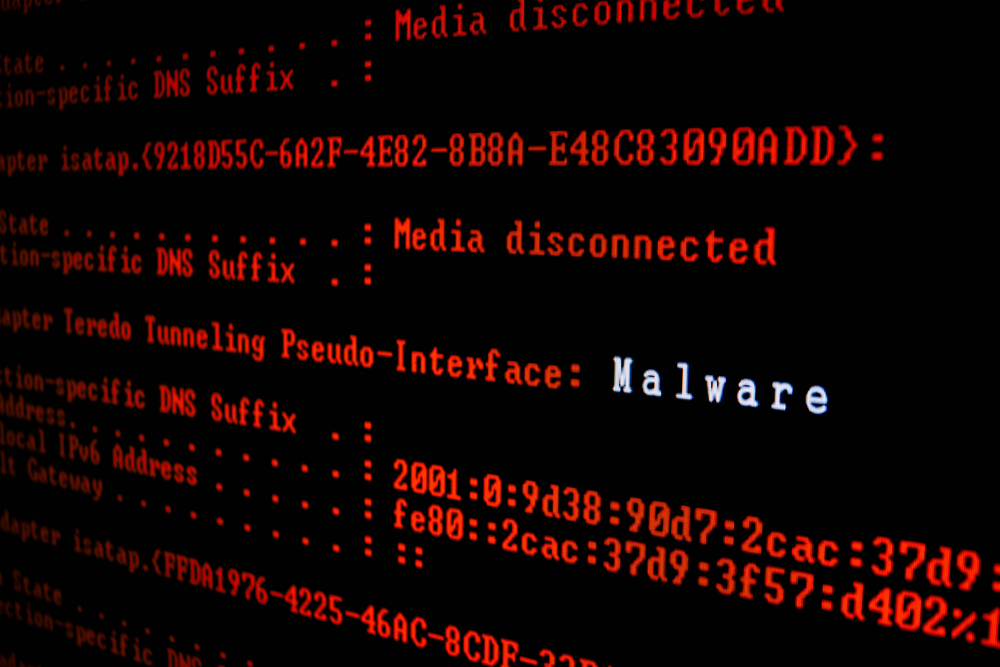The importance of antimalware programs
As malware is a specific type of virus, one should know that antivirus and antimalware differ from each other on a large scale. The term “malware” refers to a type of virus that causes damage to electronic devices like smartphones and computer at a rapid pace.
Definition of malware
Malware is a malicious software program that is designed to cause harm to the computer system by infecting the host server. Worms, adware, trojan horses, spyware, and viruses can be present in a malware. For committing financial fraud, cyber criminals make use of ransomware that can freeze user’s computer system and extort money in return for fixing the issue.

Is a virus the similar to malware?
The virus itself is a malware that is created out of contagious code infecting software on the host server. Spreading itself all over the system when the computer is running, the virus has the capability of infecting the software that is shared between two computer devices. Moreover, the virus functions like a parasite in an electronic device. Thereafter, you can guess that virus has the capability of copying itself while destroying or corrupting your computer data. On the contrary, the term malware refers to a wide range of malicious software programs, and a virus is one of them.
What is antimalware?
Antimalware is a software tool that is designed to detect and remove malicious software tools and programs from your computer. This is available for tablets, smartphones, workstations, and servers for securing your sensitive data falling into the wrong hands.
Antimalware software is efficient at minimizing the chances of bootkits, rootkits, ransomware, adware, keylogger program, trojan horses, viruses, and spyware. In addition to the context, the security solution enables protection against phishing and anti spamming with the help of firewall and other features. Even it has the parental control that can eradicate all the dangers related to web browsing.
How does antimalware function?
There are three strategies that anti malware undertakes: sandboxing, behavior-based malware identification, and signature-based malware detection. Many antimalware tools only focus on the detection of malware, and this detection can be executed by running a comparison of suspicious code that exists in the database. The database consists of familiar malware, and as soon as the software program finds out the malware signature, it starts working toward dealing with the newly found malware. For the behavior based malware identification, the antimalware software checks the behaviors and characteristics of other malware.
The sandbox refers to the situation of running unknown apps and preventing them from leaving an impact on the current system. The antimalware software program utilizes sandboxing to monitor and assess the results on the old unknown programs. Once the malicious activity is found, the sandbox has the capability of removing it from the system.
Why does one need antimalware?
Antimalware is used by business organizations for running scans on important files and looking for viruses. Preventing and reducing the scopes for malware attacks, it offers a real-time protection when you are downloading an app without knowing whether it may turn out to be malicious in the end.
Moreover, the antimalware can scan income network data for detecting malicious software programs and tools. They also block the malicious program if there is any threat detected and undertakes effective steps for dealing with malware like ransomware. The software provides certain information about the malicious software that can help administrators for figuring out how the malware affects the network or device.

